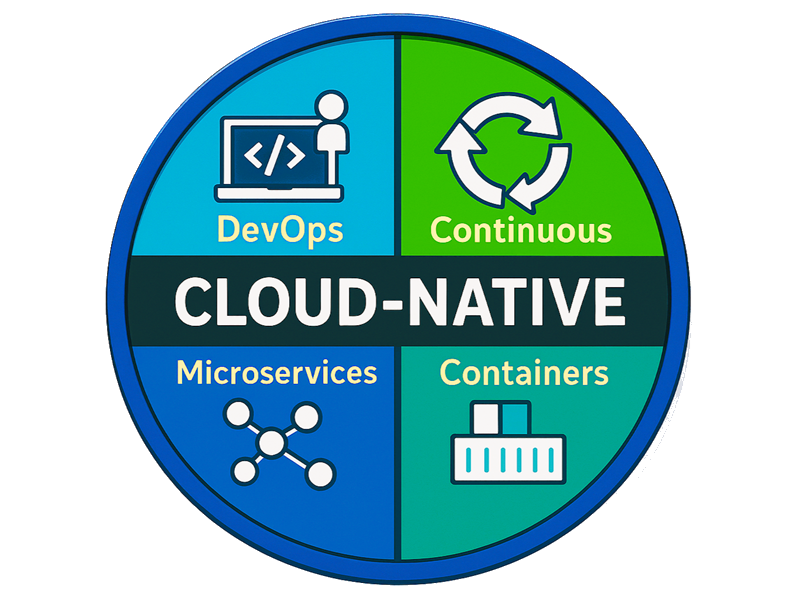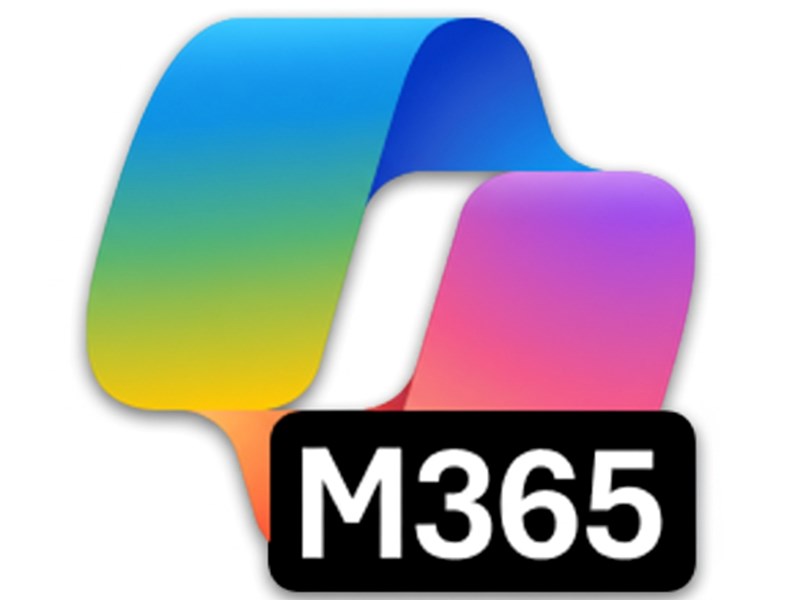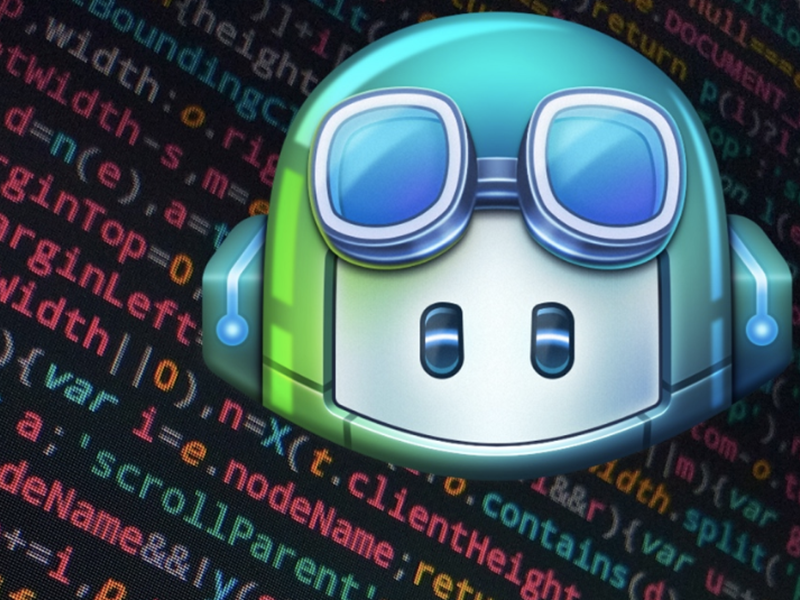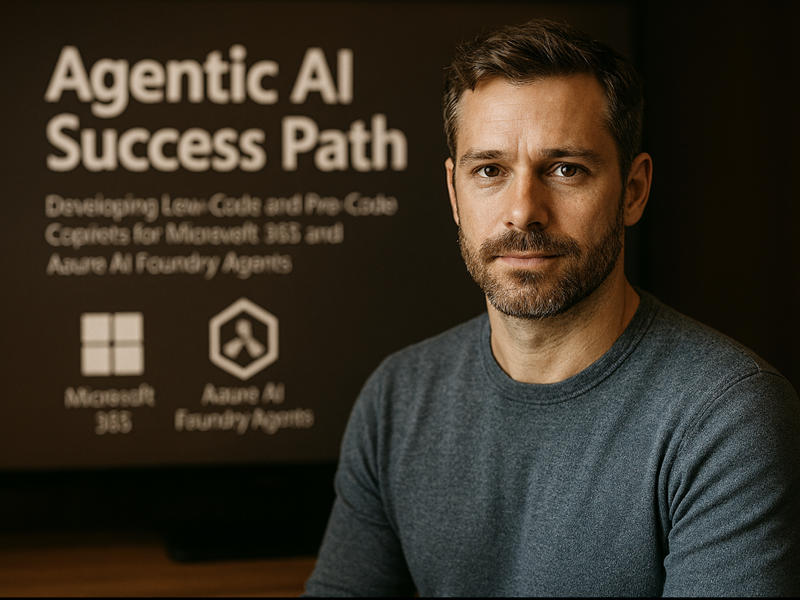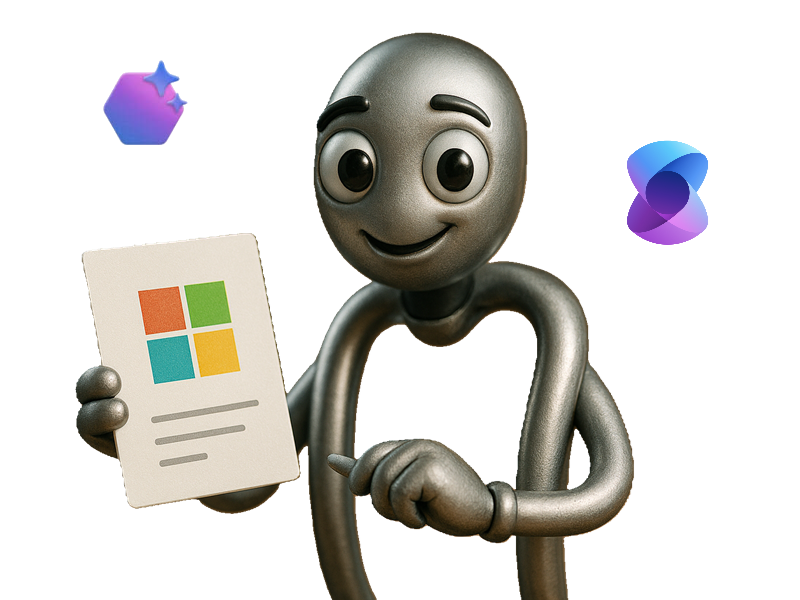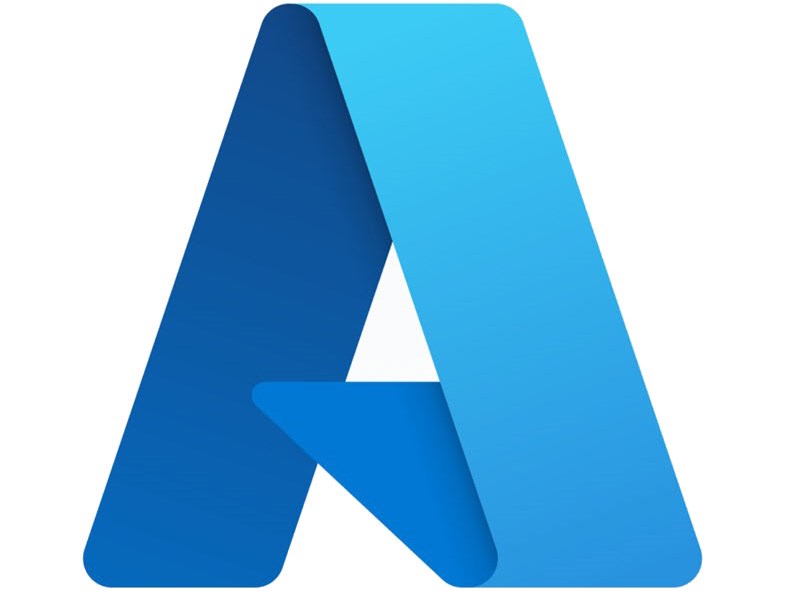Imagine building software that grows with your business—automatically scaling during peak demand, updating without downtime, and running smoothly across any cloud platform. That’s the promise of Cloud Native Apps.
These applications are born in the cloud and built using modern technologies like containers, microservices, and APIs. They run in a mostly distributed manner, allowing components to scale independently, recover quickly, and evolve without disrupting the entire system.
This architecture supports modern deployment patterns such as serverless, event-driven, and hybrid cloud setups—enabling faster delivery, better fault tolerance, and reduced operational overhead.
Cloud Native isn’t just a tech trend—it’s a strategic foundation for building resilient, agile, and future-ready applications in a digital-first world.
